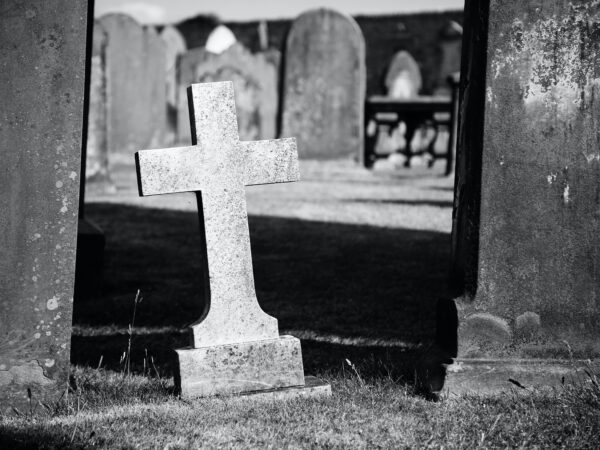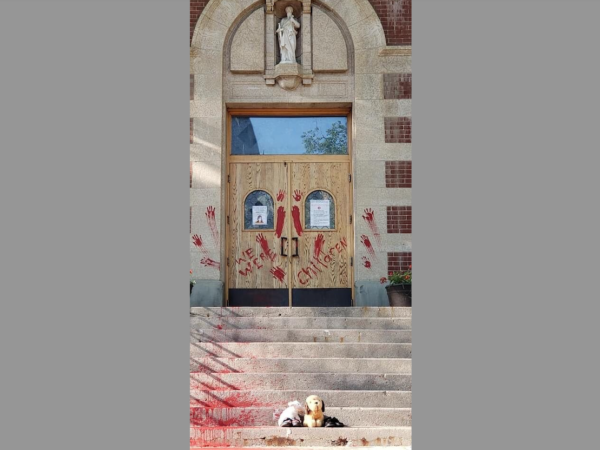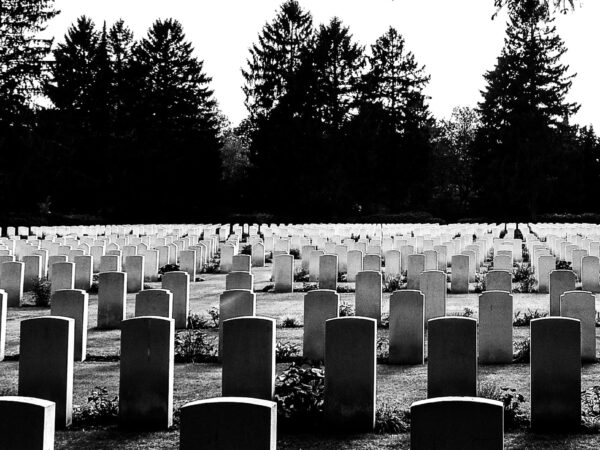
Jesus’ saying about the destruction of the temple gives us a way to view human structures as the powers they are but also as provisional—as all human things are.

Is wealth the opposite of Christianity? Is profit antithetical to the kin-dom of God? A look into Franciscan friar Luca Pacioli’s accounting process – now called reconciliation accounting – reveals that despite Jesus’ words, the practice of Christians in the Western world has emphatically answered: no, they get along just fine. It is high time for a Christianity, guided by Mark 10:17–31, that is unreconciled with wealth.

To be personally acquainted with disownment and the discourse of death—simultaneously, from divergent communities—and still desire to be “servant of all” is, perhaps, one way to journey through death on the Way. Nevertheless, Jesus’ teaching to love neighbor and enemy is both beautiful and horrible, not unlike the Christ’s foretelling of his death on the way to resurrection.

The God we meet in Amos and John demands righteousness, solidarity and justice as the foundations of faithful living. Neutrality scuppers justice. When we drift away from God, our fellow human beings and the life-giving environment, prophetic truth-telling tempered with an imagination for a different world becomes a necessity.

Indian citizens stepping up to save as many lives as they could embody what the Kingdom of God is about: collective self-care, mutual aid, without a king, while also holding earthly kings accountable for not attending to the needs of their public whether or not there is a crisis.

The politics of identity often has Indigenous persons grappling with the dichotomy of US empire’s labels of the Native American Indian as contaminating evil or contaminated victim. For Indigenous Christians Jesus calls on us to spurn these limiting designations, to embrace the spirit of interdependent creation, which brings us back to a family of justice and life.





